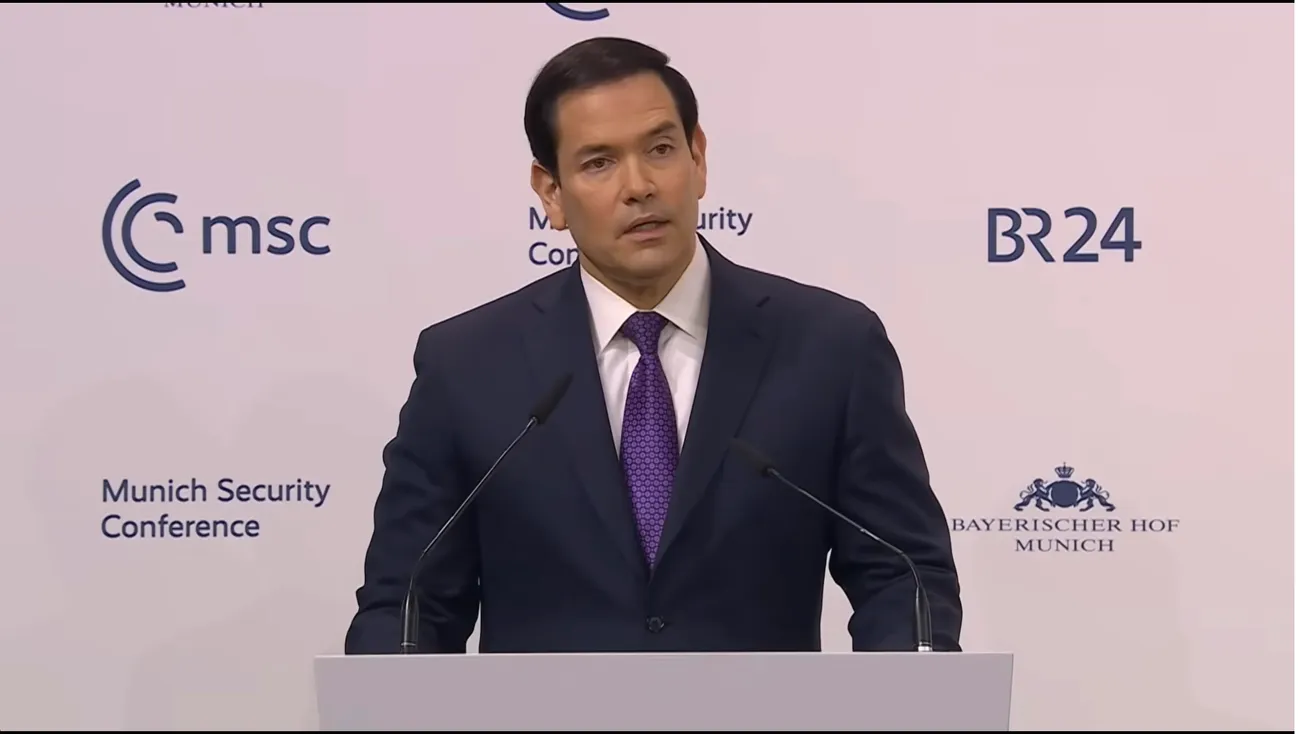Washington attempted to placate Israeli Prime Minister Benjamin Netanyahu last week, assuring him that his avowed concern over the smuggling of weapons through tunnels from Egypt into Gaza did not mean that Israeli troops had to be exempted from an agreed-upon withdrawal and ceasefire, and had to stay on duty on the Gaza border. Rather, the U.S. would offer to patrol the border, along with Egypt. Never mind that Netanyahu was, yet again, putting up one more barrier to any agreement to return the hostages and begin a ceasefire—a barrier to be replaced by another, if circumstances dictated.
But in this case, as reported the Times of Israel, an Israeli official explained that U.S. Secretary of State Blinken had simply adopted Netanyahu’s position, saying that Israel cannot leave southern Gaza completely. Why? Because, the official remarked, “we cannot be sure that we can go back” if needed, due to international pressure—and “the Americans did not reject Israel’s strategic logic.” One may ridicule the explanation, or perhaps spend a day counting all the holes in the argument, but the point is that Blinken simply caved. Asked by a reporter after his meeting with Netanyahu, whether Israel still insisted on military occupation of the border, Blinken could not answer. Instead, he pivoted to an ultimatum to Hamas—agree to whatever changes we make to what was previously agreed to, or food and medical supplies will not be delivered.
The ugly reality is that 2 million Palestinians have been taken hostage, unable to escape their ghetto. When Hamas makes concessions, Netanyahu moves further away. (E.g., last week, he also added that, in any exchange of prisoners for hostages, he doesn’t have to return Palestinian prisoners to Gaza; rather, he can send them abroad.) The U.S. pretends not to notice the pattern and, instead, sings the refrain, “Hamas refuses to agree”—signaling to Netanyahu that it is time for more airstrikes on Gaza schools, assassinations in foreign capitals and/or a war in Lebanon, etc. One gets the impression that the administration’s chief concern has little to do with starvation and disease these days, but is primarily driven with a nasty electoral calculus: If Hamas submits to a ridiculous, humiliating arrangement, it’s an election victory; if not, the administration did its level best and it’s the fault of Hamas if Palestinians fall prey to hunger, disease or bombs. Just don’t let Netanyahu blow up the administration’s electoral narrative.
Yesterday, Ukraine’s President Zelenskyy described that Ukraine’s tremendous success in their incursion into Russia’s Kursk Region (despite the expected and serious military advances being made by Russia in the Donbass) means that he was right, and his Western allies were wrong. In fact, when it comes to Russia, there are no “red lines” that have to be respected. Rather, it is time for the West to get “in sync” with his strategic genius.
One might ask, how does the United States get such stable allies? Or, perhaps better, how do normal Ukrainians and Israelis deserve having Western powers prop up such destructive characters over their countries?
So, indeed, it may be a time that tries men’s souls, as was said by Thomas Paine at the time of the American Revolution. But the growing power of the International Peace Coalition, and the bold initiative for a Council of Reason—for injecting a new dynamic, one designed on a level capable of handling the otherwise seemingly intractable problems—is an identifiable and necessary flank, and one at hand.






